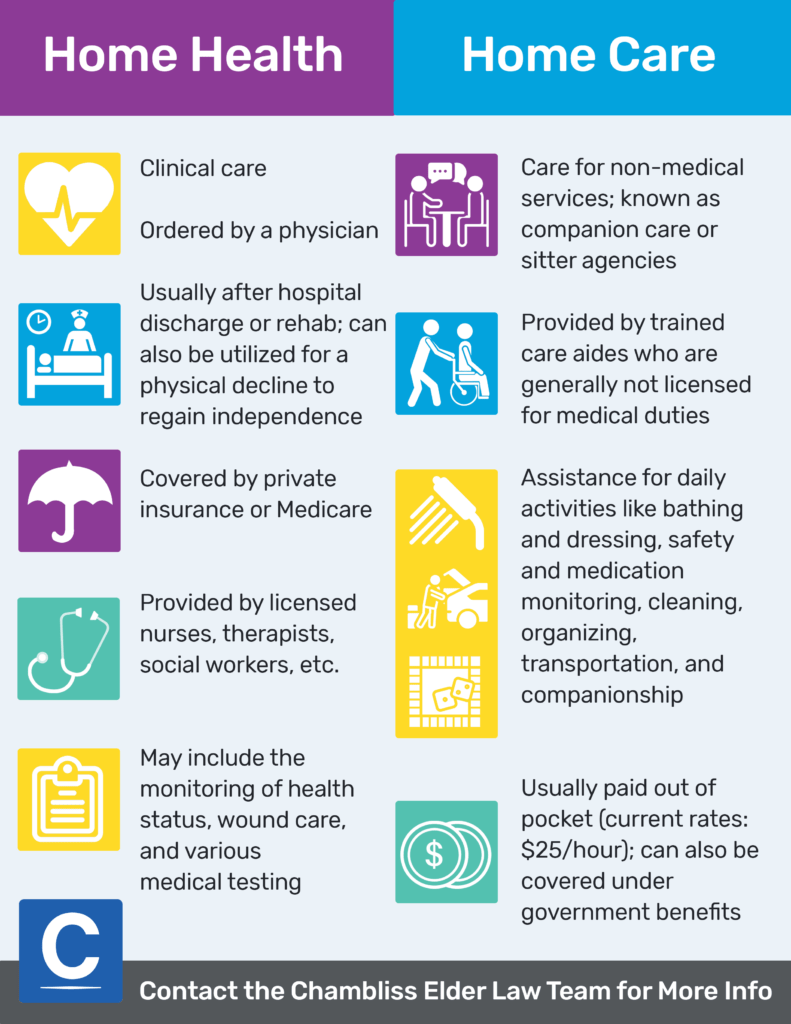All Regarding Home Treatment Providers for Individuals With Disabilities: NDIS Registered Support
Home treatment services under the NDIS play a pivotal function in supporting people with specials needs. These services are made to enhance day-to-day living through customized support, varying from individual care to mobility support. Recognizing how to navigate these choices can be intricate. This summary discovers the various elements of NDIS home treatment, from readily available services to the selection of service providers, highlighting essential factors to consider for those looking for support. The trip towards empowered treatment starts right here.
Recognizing the NDIS and Its Purpose
The National Special Needs Insurance Policy Scheme (NDIS) serves as a transformative framework created to provide support and services for individuals with handicaps. Developed to improve the lifestyle and assurance equitable access to necessary sources, the NDIS encourages individuals by offering individualized plans customized to their special needs. It aims to promote freedom, making it possible for people to seek their individual goals and aspirations.Through a structured approach, the NDIS allocates funding for numerous assistances, consisting of education and learning, work help, and neighborhood involvement. This all-inclusive plan not only focuses on immediate care yet additionally stresses long-lasting developmental outcomes. By advertising option and control, the NDIS motivates participants to pick their preferred company, assuring that care aligns with their worths and choices. Inevitably, the NDIS represents a considerable dedication to boosting the lives of individuals with handicaps, promoting inclusivity, and developing a much more supportive culture.
Kinds Of Home Care Provider Available
Different types of home treatment services deal with individuals with disabilities, primarily concentrating on personal treatment support and reprieve care options. Individual treatment help supplies essential assistance with daily tasks, while respite treatment supplies short-term alleviation for main caretakers. Comprehending these solutions is crucial for making sure the health of both individuals with specials needs and their families.
Personal Treatment Aid
While navigating every day life can offer challenges for individuals with disabilities, personal treatment assistance uses vital support tailored to their unique requirements. This sort of home care solution encompasses a series of tasks designed to promote freedom and enhance high quality of life. Individual treatment aides assist with everyday jobs such as showering, clothing, grooming, and toileting, guaranteeing people keep personal hygiene and convenience. They might also aid with dish prep work, medicine monitoring, and wheelchair assistance. By providing customized treatment, these professionals empower individuals to engage more fully in their everyday routines and social activities. In general, personal care support plays a considerable role in promoting dignity and freedom for those with impairments, permitting them to grow in their home environment.

Respite Treatment Options
Break care works as a necessary resource for families and caretakers of individuals with disabilities, giving short-lived remedy for the demands of day-to-day caregiving. This kind of service can take various kinds, including at home break care, where experienced experts visit the home to aid with care jobs. Households may choose for facility-based respite care, where people get care in a specialized atmosphere, permitting caregivers to take a break. Furthermore, some companies supply emergency break services for unexpected conditions. These options not just help minimize caretaker tension yet also advertise the well-being of individuals with impairments by offering them brand-new experiences and social interaction. On the whole, respite treatment plays a crucial function in sustaining both caretakers and those they take care of.

How to Gain Access To NDIS Home Treatment Providers
Accessing NDIS home treatment solutions includes recognizing the qualification standards established forth by the National Handicap Insurance Coverage Plan. People have to browse an organized application process to safeguard the essential assistance customized to their requirements. This area will clear up both the qualification demands and the steps included in getting solutions.
Eligibility Requirements Described
To qualify for NDIS home care services, people must meet particular qualification standards that evaluate their needs and circumstances. Initially, applicants have to be matured in between 7 and 65 years and have a substantial and permanent handicap that affects their capacity to carry out day-to-day activities. In addition, they must be an Australian person, a long-term homeowner, or hold a Protected Special Classification Visa. The NDIS requires proof of the impairment, usually through clinical evaluations or reports. Individuals must show that they need assistance to take part in Learn More financial and social life. These criteria ensure that services are guided in the direction of those that genuinely require assistance, promoting self-reliance and improved lifestyle for people with disabilities.
Application Process Steps
Can I Select My Own Support Employees With NDIS?
The individual made inquiries whether they might choose their own assistance workers under the NDIS framework. Usually, individuals have the adaptability to pick support workers, fostering individualized care that aligns with their certain requirements and preferences.
What Occurs if My Demands Change After Getting Support?
They need to interact these modifications to their solution provider if a person's needs modification after getting support. Adjustments can be made to the treatment plan, making sure that the assistance stays appropriate and reliable for their situations.

Are There Limits on The Amount Of Hours of Care I Can Obtain?
The specific asked about potential limits on the number of treatment hours got. Typically, such limitations might exist based upon details plans or funding arrangements, emphasizing the importance of evaluating standards and arrangements frequently.
Can I Utilize NDIS Funding for Home Adjustments?
The concern of utilizing funding for home modifications emerges regularly. Generally, people might utilize NDIS financing for needed alterations to their homes, making sure availability and security, set upon meeting directory specific eligibility criteria and standards.
Exactly how Do I Take care of Issues Concerning My Home Treatment Solutions?
To attend to problems about home care solutions, individuals should first record their worries. After that, they can interact directly with their company, looking for resolution, or escalate the concern to pertinent oversight bodies if needed. Home treatment services under the NDIS play a crucial function in supporting people with specials needs. Different kinds of home treatment services cater to people with specials needs, mainly concentrating on personal treatment help and respite treatment alternatives. home care providers melbourne. Individual treatment support gives necessary support with day-to-day activities, while break treatment supplies short-term alleviation for key caregivers. Family members may choose for facility-based respite treatment, where people receive care in a customized atmosphere, enabling caretakers to take a break. Just how can families successfully handle the financial aspects of home care solutions for people with impairments?